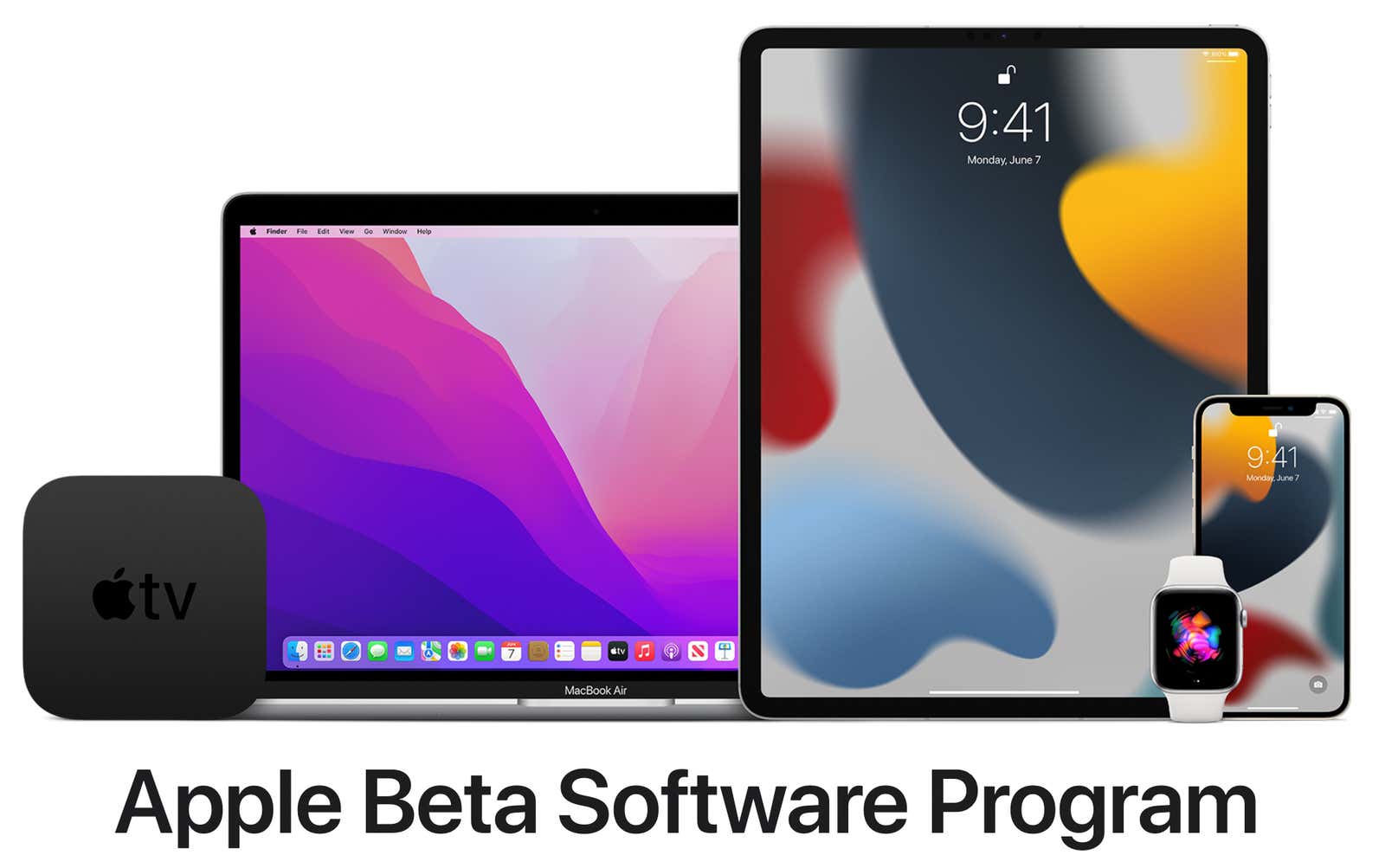Why You Should Be Careful When Installing Beta OS

When you install the beta version on your device, you get access to new features and changes before everyone else on the platform. Apple, Google, Microsoft, and most other tech companies are holding an open beta for their users to participate if they want to. But installing the beta on your phone, laptop, or tablet comes with a risk. In fact, you could just lose all of your data if you do this.
What are beta versions really for?
Beta programs are designed for two main purposes, depending on the type of software used. The most common reason is checking unfinished programs for bugs or other instabilities. If the software under test is an operating system such as Android or iOS, beta testing also gives application developers the opportunity to learn new software and test their applications on it.
Betas are inherently unstable. The beta software company doesn’t expect it to run smoothly. In fact, he expects the opposite – he wants to know what is wrong with the software in order to fix these problems before the official release.
Thus, when you choose to download and install the beta on your device, you are choosing unfinished, unstable software. You must take the risk of bugs that affect day-to-day performance, application compatibility, and even your ability to use your device at all.
Can’t you just remove the buggy beta?
Well, you can, but it’s ugly. To uninstall the beta version of the OS from your device and upgrade to the latest official version, you need to do two things: uninstall the beta and install the new version of the stable software. In short: you will need to completely restore your device by sacrificing all the data on it.
(The Apple Watch is a big exception to this rule – check out our explanation of why you can’t uninstall the watchOS beta .)
Can you recover your data after uninstalling the beta version of the OS?
It’s not all bad now. If you backed up your data before installing the beta, you can restore your device using this backup. However, if you made a backup while in beta, you will not be able to restore that backup, because after downgrading, you will be running a different version of the software on your device.
For example, let’s say you have iOS 15 beta running on your iPhone. You delete the beta profile and restore your iPhone to iOS 14.7. If you have an iOS 14.7 backup of your iPhone, you can go back to it and only lose the data that you accumulated during the beta launch. However, if you made a more recent backup while running iOS 15 beta, that backup will not be available when running iOS 14.7.
There is an exception here related to data associated with cloud accounts such as iCloud or Google that populates your device when you sign in to your account, as well as files that you back up to external sources such as an external hard drive. disk or cloud disk. You should still have access to any data in these services, but not a full backup of the device.
How can I protect my data before installing the beta?
If you’re willing to take the risks of installing beta software, there are a few guidelines to follow to keep your data safe, some of which we’ve already covered:
- Back up your device just before installing the beta software.
- Choose to back up your data to accounts and cloud services if available. For example, use Messages in iCloud to link your messages to your Apple ID; Link your notes and reminders to accounts like iCloud or Google. Conclusion: try not to store important information only on your device.
- Back up other important information to external sources: Use a cloud drive like iCloud, Google Drive, or OneDrive to save individual files, or do the same with an external hard drive.
What data is not compromised when installing the beta?
Not all data needs micromanagement. Many third-party apps you use are tied to your account and not to a specific device. Some examples:
- Instagram stores all your posts and private messages in your account.
- Snapchat keeps your memories linked to your account.
- WhatsApp, Facebook Messenger, Telegram, and most messaging apps store chat history in your account.
If your data is saved in this way, it will be immediately restored when you reinstall apps on your device after downgrading – the same happens when you log into these services from a new device, so you have nothing to worry about loss of data, such as when cleaning and resetting the phone.
Be careful beta testers!